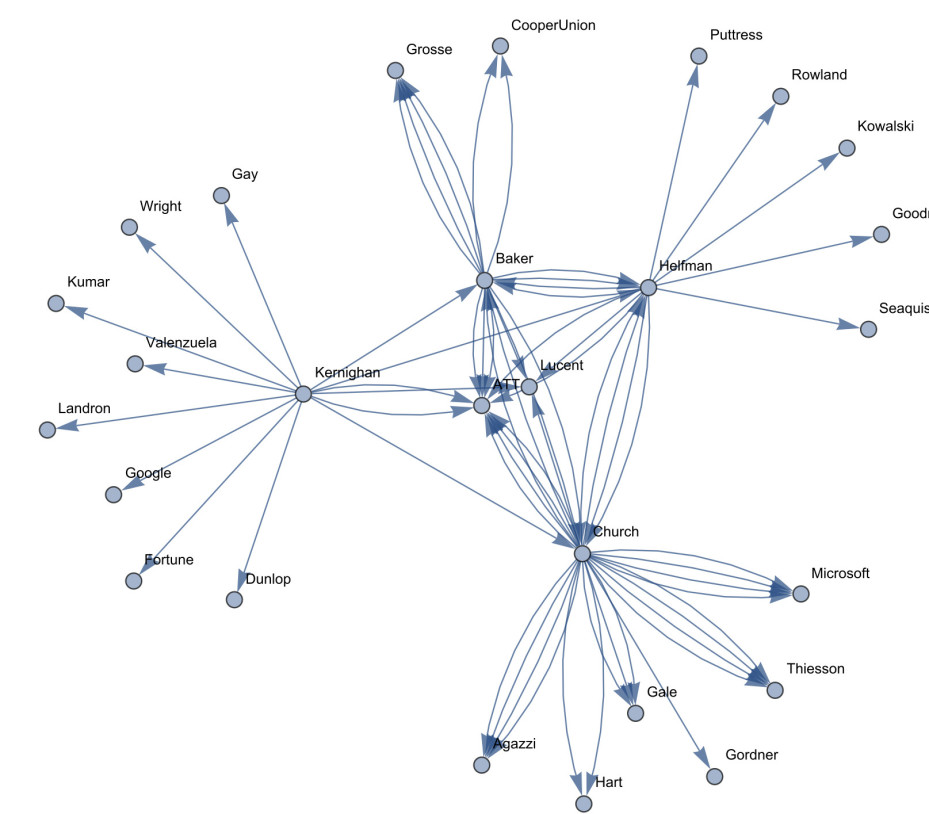2018-10: PATSTAT IS DEPRECATED AT Wharton! Please contact research-computing@wharton.upenn.edu for alternative patent data methods. We currently recommend Google BigQuery.
Wharton Research Computing is delighted to announce the acquisition and hosting of a patents database that covers industrialized nations as well as the leading developing nations. PATSTAT is created by the European Patent Office (EPO). It contains data on over 67 million patent applications and 35 million granted patents. Researchers can retrieve information on when the patent application was filed, how the patent progressed through the process, if and when it was granted, who the inventors were, and the textual abstract of the patent itself.
PATSTAT is hosted in a MySQL database in Wharton’s data centers, and is accessible in our HPCC, as well as directly from the Penn campus. We have organized the data in exactly the way the EPO recommends that it be organized. It is broken out into several tables with a master table that connects the different parts of the data. The EPO provides excellent documentation on the various tables and the variables that each table contains.
Researchers interested in how organizations engage in innovation and particularly how networks of people and organizations engage in innovation will find this data to be useful. For instance, it is possible to create and study, through the PATSTAT data, a network of researchers who are connected to one another through their involvement in the patent application process.

For more information on PATSTAT and how to access it write to research-computing@wharton.upenn.edu.


